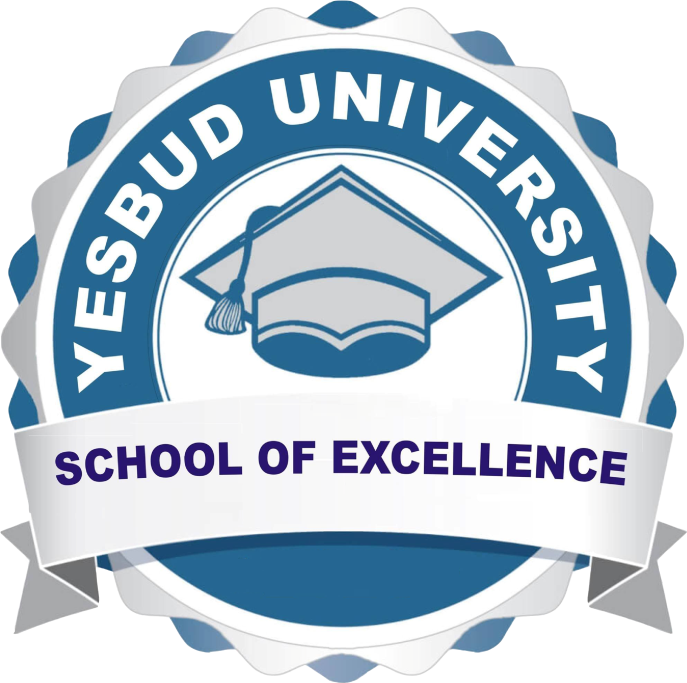The Bachelor of Sport Management program provides students with the knowledge necessary for a career in sports management. Students will be able to seek employment in a variety of organizations, including professional sports organizations, collegiate sports, business, and non-profit organizations. The Bachelor of Sport Management program is offered online via distance learning. After evaluating both academic record and life experience, Yesbud staff working in conjunction with Faculty and Academic Advisors will assist students in setting up a custom-made program, designed on an individual basis. This flexibility to meet student needs is seldom found in other distance learning programs. Our online program does not require all students to take the same subjects/courses, use the same books, or learning materials. Instead, the online Bachelor of Sport Management curriculum is designed individually by the student and academic advisor. It specifically addresses strengths and weaknesses with respect to market opportunities in the student’s major and intended field of work. Understanding that industry and geographic factors should influence the content of the curriculum instead of a standardized one-fits-all design is the hallmark of Yesbud’s unique approach to adult education. This philosophy addresses the dynamic and constantly changing environment of working professionals by helping adult students in reaching their professional and personal goals within the scope of the degree program
Core Courses and Topics in Sport Management:
Negotiation
Corporate Finance
Industrial Marketing
Sports Nutrition & Health
Applied Sports Marketing Research
Managing in the Service Industries
Business Policy
Budgeting & Control
Organizational Communication
Sports Marketing
Sponsoring & Sport Communications
International Sports Management
Sport Career Development
Sport Facility Planning & Management
Human Resources Management
Sports Sociology
Public & Media Relations in Sport
Strategic Marketing
Global Economics
Consumer Behavior
Sales & Purchasing Management
Sport Psychology
Event Management
Legal & Ethical Issues in Sport
Sports Broadcasting
Industrial Visits
Global Business & Marketing
Financial Statement Analysis
Small Business Management
Orientation Courses:
Business Communication/Communication Skills
Community Based Participatory Action Research (Research Publication)
Research Project in Sport Management:
Bachelor Thesis Project
MBM300 Thesis Proposal
MBM302 Bachelor Thesis (5,000 words)
Publication: Each Bachelor of Sport Management graduate is encouraged to publish their research papers either online in the public domain or through professional journals and periodicals worldwide.
Career Center Bachelor of Sport Management
Job Description
Sports management professionals combine a love for athletics with business and marketing savvy. There is no set career track in the field. Many sports management professionals are former athletes themselves. Some are trained in other professional disciplines, such as law, accounting, or business management, and come to sports management via their original careers.
Employment Opportunities for Sport Management
Sports information directors act as a liaison between teams and athletic departments on the one hand and the news media on the other. They prepare press guides and press releases and organize “media days” at which athletes and coaches make themselves available to reporters, photographers, and the broadcast media. Information directors may also be responsible for creating a club’s official publications, including programs, commemorative magazines, and Websites.
Athletic directors and general managers coordinate the activities of teams and athletic departments. They are responsible for personnel decisions involving coaches, athletes, and support staff; and they often supervise employees who manage sports facilities. Athletic directors and general managers report to team owners (in the case of professional sports) or to university trustees and school boards (in the case of academic sports). Sports agents or representatives provide a variety of services to athletes and coaches. They negotiate playing or coaching contracts, work out product endorsement fees, and provide financial, investment, and tax advice. Agents may also offer personal and legal advice to clients.
